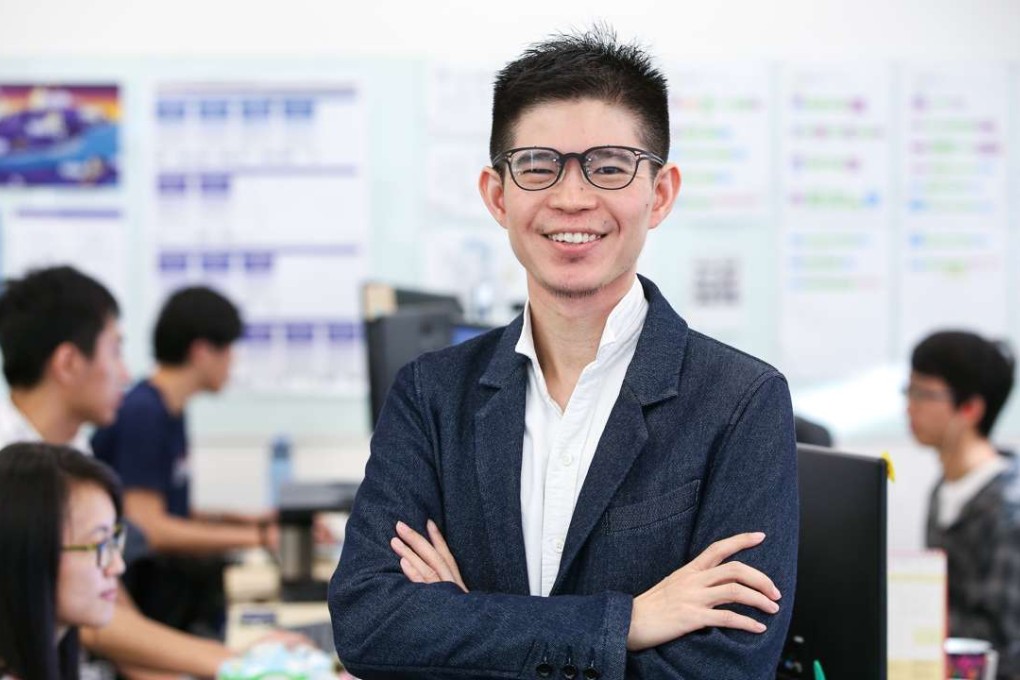The View | Hong Hong needs to join the world of the truly modern entrepreneur – and the government isn’t helping
Unless they make a serious commitment that represents broad industrial policy, government will be limited to staging conventions that sound like tourism promotions

This is a time of great change, upheaval of norms and establishment status quo dissolution.
But there’s one steadfast member of the elite that the world can rely on to never change, no matter how the facts around it change: and that’s the Hong Kong government.
One of the nightmares of being an entrepreneur here is that you are always haunted by the idea that you’re wasting your life away.
And so the StartmeupHK Festival 2017, which ends Friday, has been a valiant attempt to move Hong Kong off its traditional and long-worn economic moorings.
I don’t doubt the sincerity of all the panellists, speakers and organisers – but as many of the enthusiastic networking policymakers said, we need to contemplate if they can make a serious commitment that represents broad industrial policy, otherwise, government will be limited to staging conventions that sound like tourism promotions.
It will join the ephemeral wake comprising the wine, Chinese medicine and tech “hubs” that the government has conjured up to show the world how trendy Hong Kong can be.
